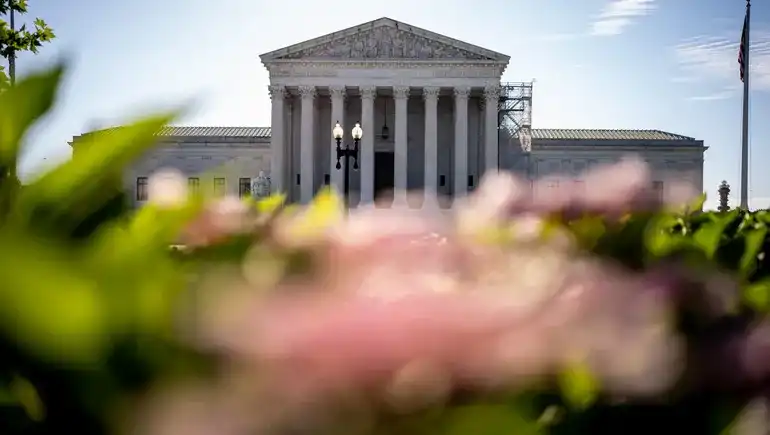Supreme Court overturns Chevron doctrine, limiting federal agency reach
Chevron doctrine overturned, giving courts more power to strike down agency rules. Decision could have major impact on law enforcement.
The elimination of the Chevron doctrine could have far-reaching implications for regulatory enforcement by agencies such as the EPA and the Department of Labor. According to attorneys at Fisher Phillips, this decision has completely disrupted the legal landscape and will have a significant impact for years to come. By shifting towards judicial interpretation over agency deference, the courts now have more power to strike down agency rules.
Varu Chilakamarri, a partner at K&L Gates, believes that this change levels the playing field for regulated communities against agencies. With Chevron overturned, industries' interpretations of the law will hold more weight and could lead to increased scrutiny of agency actions. This could provide more opportunities for the regulated community to challenge rules and decisions.
On the other hand, Justice Elena Kagan expressed dissent, stating that Chevron has been a fundamental aspect of administrative law for four decades. She argues that Congress understands the need for agencies to interpret and fill in the gaps of regulatory statutes, rather than courts taking on that responsibility. Kagan warns against the courts overstepping their bounds and taking decision-making authority away from agencies.
Overall, the elimination of Chevron marks a significant shift in the balance of power between agencies and the courts. It remains to be seen how this decision will impact the lawmaking process and the relationship between industries and regulatory bodies. The implications of this ruling could be vast and long-lasting in the realm of regulatory enforcement.











Comments on Supreme Court overturns Chevron doctrine, limiting federal agency reach